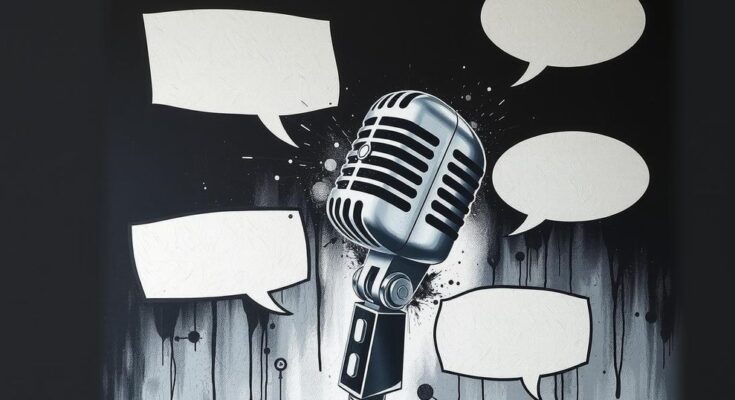In a worrying turn of events, Conservative MP Melissa Lantsman accused Birju Dattani, a respected human rights scholar, of antisemitism shortly before he was set to assume the role of Chief Human Rights Commissioner in Canada. This prompted a swift backlash, fuelled by a coordinated smear campaign spearheaded by Lantsman, the Centre for Israel and Jewish Affairs (CIJA), and far-right media outlets. Despite their serious claims, there was no genuine evidence of antisemitism; instead, the accusations stemmed from Dattani’s critical views on Israeli policies, selectively twisted to label him an extremist.
In response to the damage inflicted upon his reputation, Dattani has launched three defamation lawsuits against his accusers, seeking accountability for what he describes as a deliberate distortion of his record. This case transcends personal grievances as it challenges the broader issue of whether racialised voices can express dissent without fear of retribution in Canada. The calculated attacks against Dattani mirror a familiar tactic employed to silence critics of Western foreign policy, particularly those discussing Israel, using baseless claims of extremism and antisemitism.
Although a comprehensive investigation conducted by Justice Minister Arif Virani found no evidence substantiating the accusations against Dattani—concluding he did not possess antisemitic beliefs—the political and media pressure surrounding his appointment proved insurmountable. Dattani’s swift ousting illustrates a deeper societal issue where even well-researched views on Israel can lead to career jeopardy, exemplifying a chilling effect on free expression among scholars and public figures.
Dattani identified the underlying currents of Islamophobia and anti-Palestinian bias that have driven the smear campaign against him, alluding to the Islamophobic stereotypes used in the accusations. As he battles back through legal means, his struggle sheds light on the need for a societal cultural shift where the advocacy for Palestinian rights should not equate to personal vilification.
His legal fight is more than personal vindication; it aims to hold accountable those who weaponise accusations for political gain, potentially encouraging others silenced by similar tactics. If Dattani prevails, it could challenge the prevailing norm of defaming critics of Israeli policy and, arguably, reignite crucial discussions about free speech.
The irony of this situation highlights the complexities surrounding antisemitism; while legitimate concerns about antisemitism must be addressed, the misuse of these concerns against critics of Israel detracts from tackling real issues of hate. This trend creates a toxic environment where merely advocating for Palestinian rights is enough to face accusations of bigotry.
Dattani’s case serves as a critical examination of free speech in Canada. If a government-appointed human rights chief can be ousted by unfounded allegations, it raises essential questions regarding who truly participates in public discourse. Alarmingly, the silence from institutions that should champion Dattani’s cause reveals a troubling trend of sacrificing support for the sake of political comfort.
Now an unpaid senior fellow, Dattani is crowdfunding for his legal battle, illustrating a significant imbalance in resources available between those challenging the status quo and those benefitting from smear campaigns. His victory could force a reevaluation of how public figures are allowed to engage with contentious issues without fear of reprisal, ultimately posing the question of the level of commitment to free speech and human rights.
The outcome of Dattani’s case will significantly influence whether racialised academics and advocates for Palestinian rights can safely engage in public life. A loss would signal a stern warning: one can speak freely only as long as one refrains from controversial topics. The immediate future remains uncertain; will Dattani’s fight usher in broader resistance, or will he remain a solitary figure in this critical struggle?
Birju Dattani, a human rights scholar, faced a coordinated campaign labelling him antisemitic due to his critiques of Israel. Despite an independent investigation clearing him, pressure led to his resignation before taking office. Dattani’s lawsuits against his accusers could challenge the broader issue of silencing dissenting voices. His case highlights the complexities of free speech while exposing how accusations can weaponise social identities.
Dattani’s case encapsulates a multifaceted struggle involving free speech, human rights advocacy, and the consequences of challenging dominant narratives on Israel. While his personal battle against unfounded accusations is significant, it also reflects a larger societal issue regarding the treatment of racialised voices. The outcome of his legal fight may either empower similar advocates or create a fear-laden environment where essential discussions are stifled. Thus, the stakes are immense, affecting not only Dattani but the future of open discourse in Canada.
Original Source: mondoweiss.net



